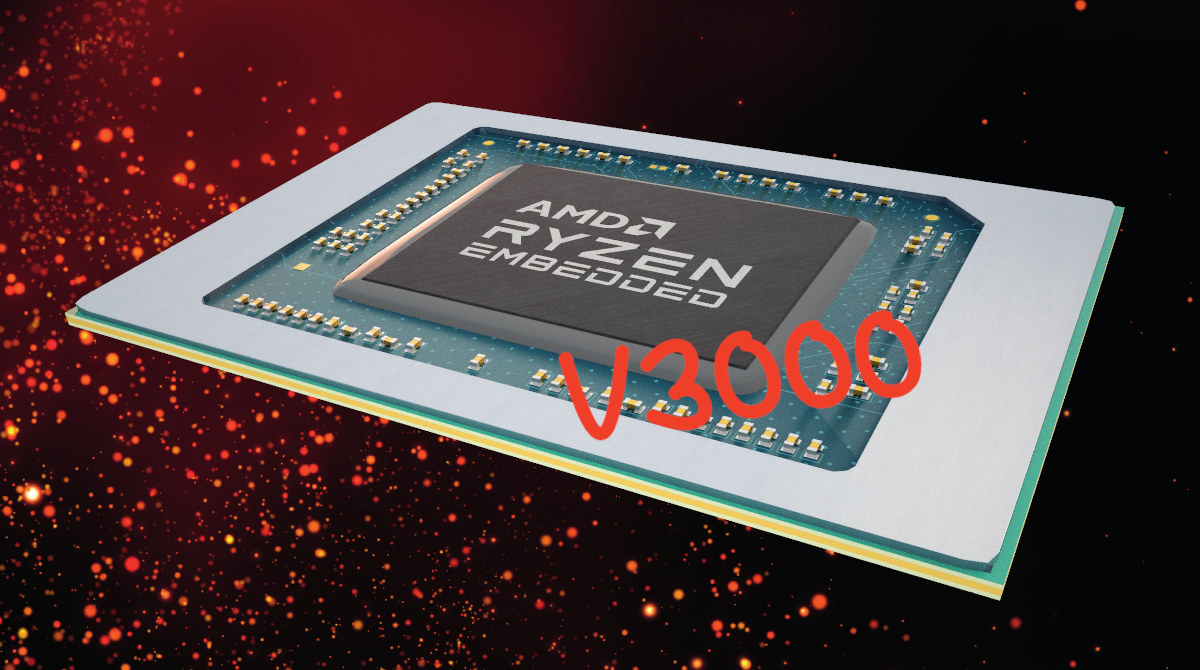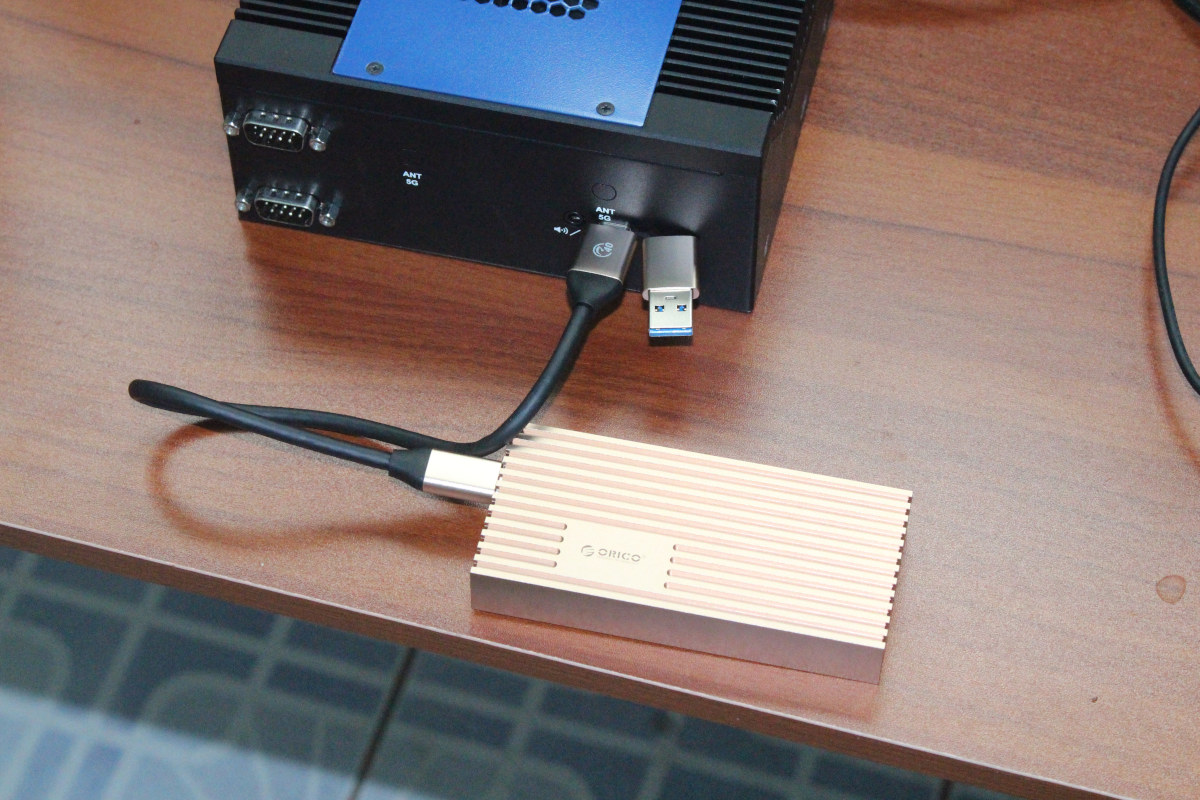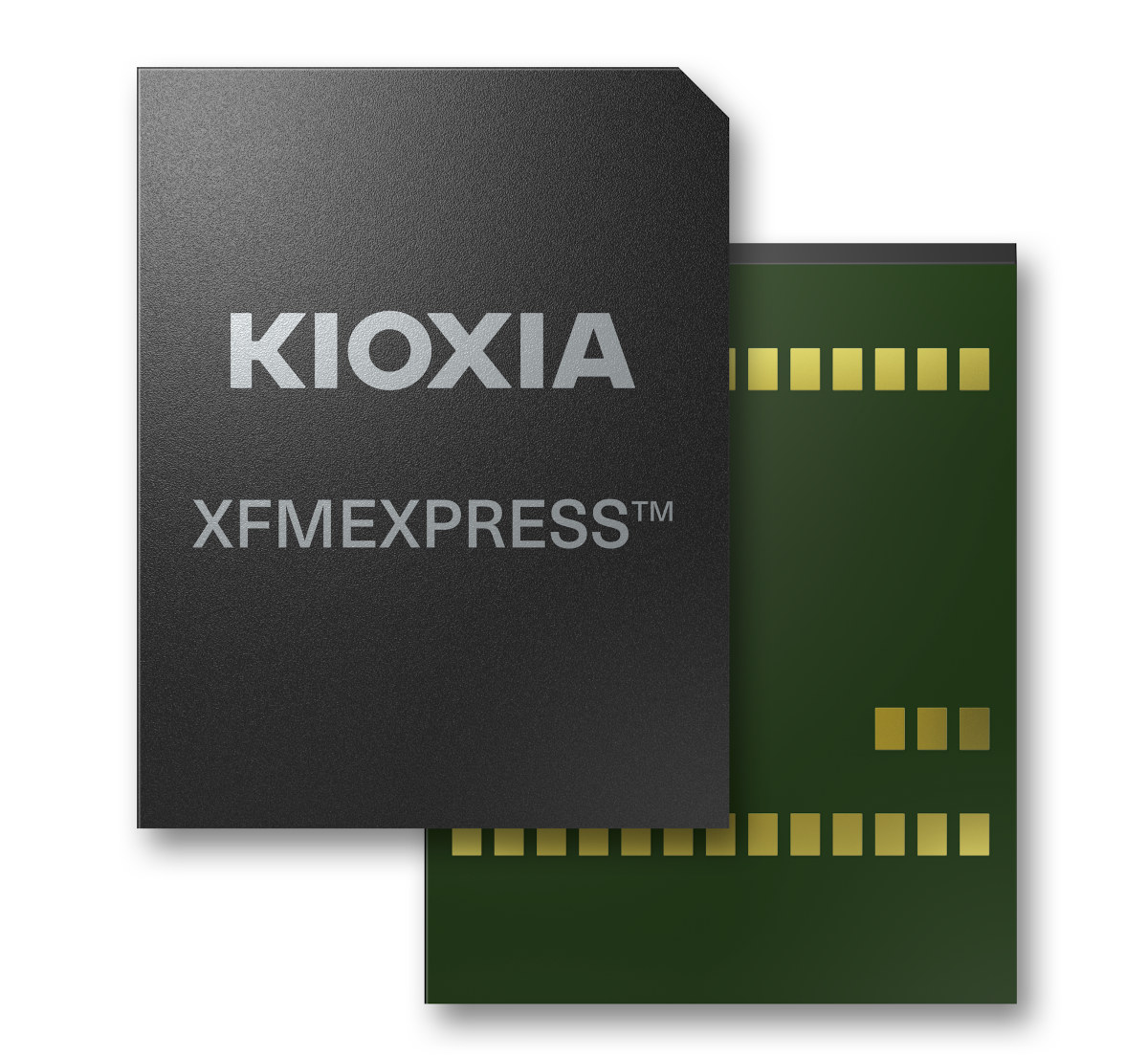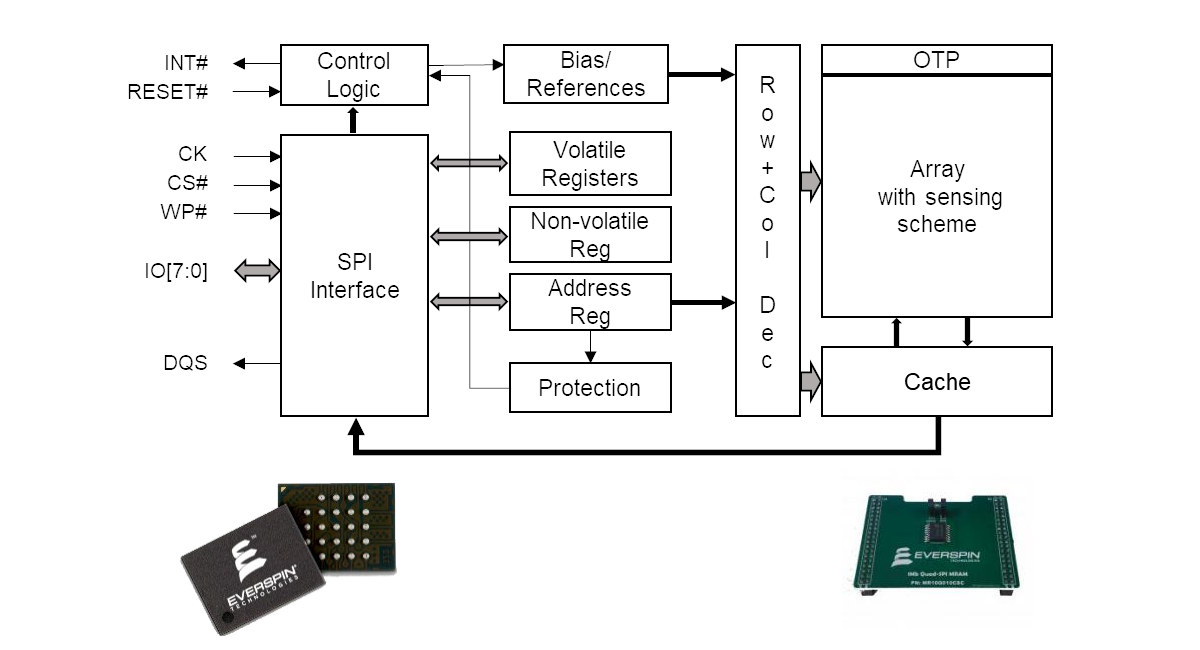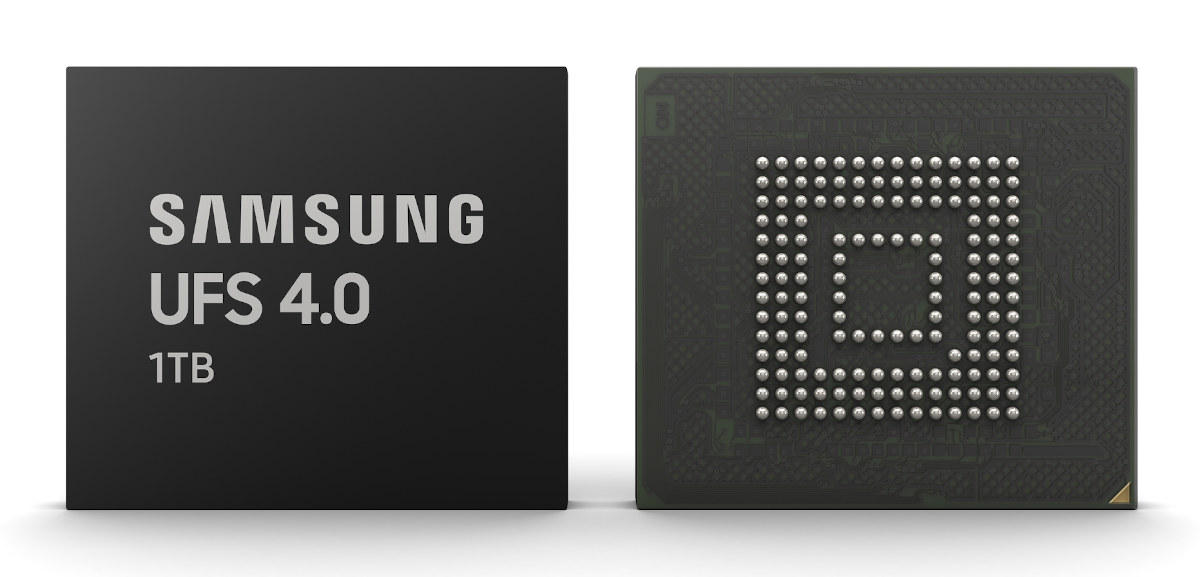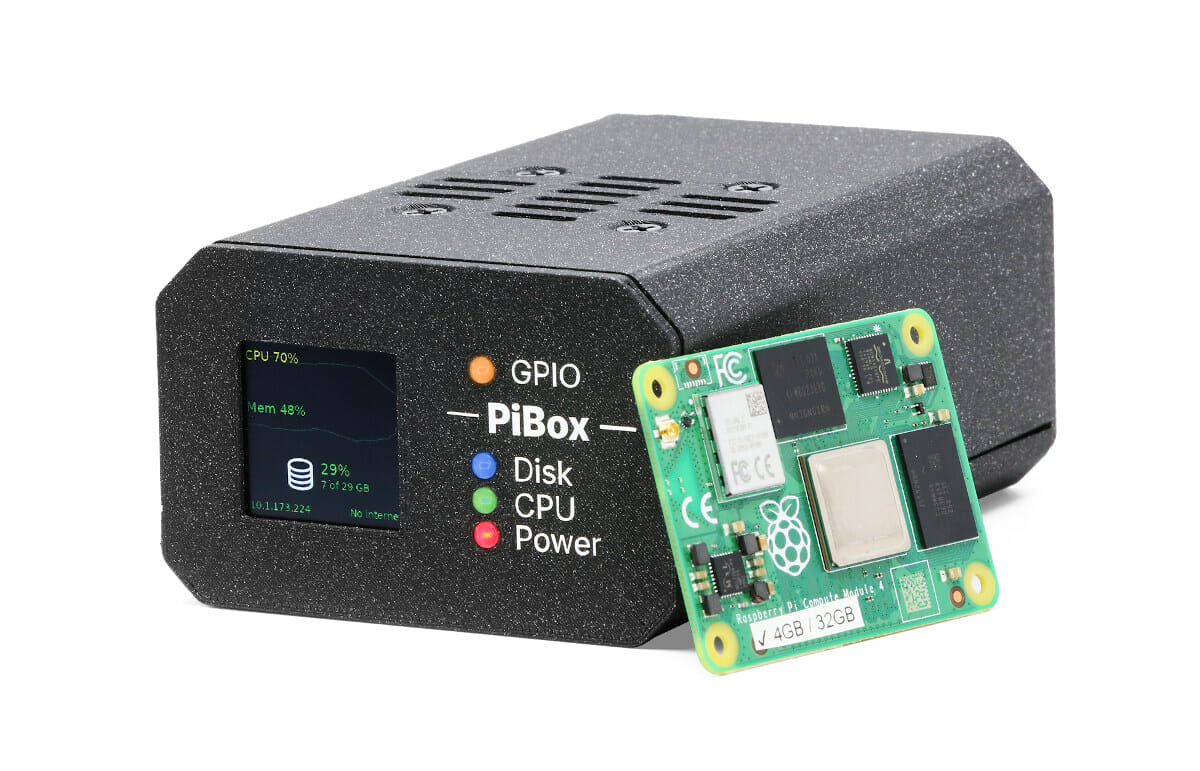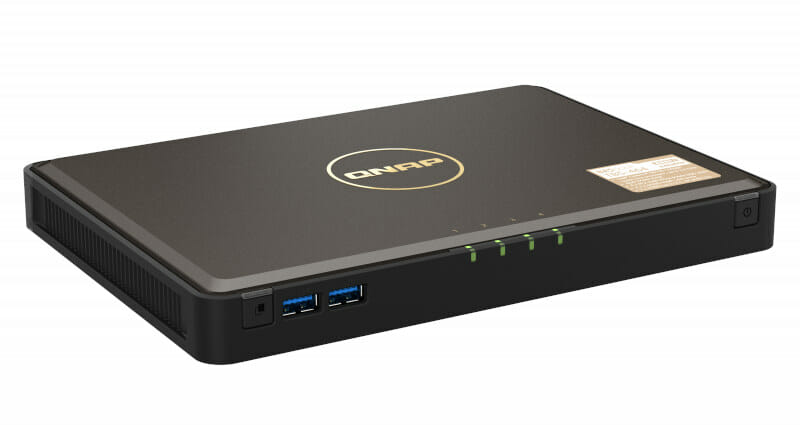AMD has just launched the Ryzen Embedded V3000 family of processors with four to eight Zen3 cores, a DDR5 memory interface, twenty PCIe Gen4 lanes, and two 10GbE interfaces that make it ideal for storage and networking applications, especially since there’s no GPU at all. The new embedded processors succeed the Ryzen Embedded V2000 Zen2 family introduced two years ago, and the Ryzen V1000 processors in 2018. For some reason, AMD decided to compare the new V3000 processors against the latter and claims up to 124% greater CPU performance, 50% improved memory transfer rate, twice the number of CPU cores, and improved I/O connectivity. There are five Ryzen Embedded V3000 SKUs at launch with the V3C48, V3C44, V3C18I, V3C16, and V3C14 whose key differences can be found in the table below. The AMD Ryzen Embedded V3C18I “industrial” processor also works in sub-zero temperatures for automotive and industrial applications. Shared specifications […]
Mini review of ORICO “USB 4.0” M.2 NVMe SSD enclosure
ORICO has sent me a sample of a USB 4.0 M.2 NVMe SSD enclosure for review, which was timely as I did not have a fast USB storage option for testing. In this post, I’ll check out the hardware, show how to install an NVMe SSD, and test performance in UP Xtreme i11 mini PC since it happens to come with a USB4 port. ORICO USB 4.0 M.2 SSD enclosure specs and unboxing The exact model I received is the ORICO M234C3-U4 with a Rose Gold aluminum enclosure (107x50x17mm), supporting M.2 M-Key and B+M Key 2230, 2242, 2260, 2280 SSDs (more on that later), and offering up to 40 Gbps through its USB 4.0 port. The device ships with a USB Type-C to USB Type-C/Type-A cable, a thermal pad, a heatsink, two screws, and a multilingual user manual. There’s only one USB Type-C port one the device. M.2 NVMe SSD […]
Imagination unveils IMG RTXM-2200 32-bit RISC-V real-time “Catapult” CPU
Imagination IMG RTXM-2200 32-bit RISC-V real-time CPU core is the first member of the company’s Catapult family comprised of four distinct RISC-V families for dynamic microcontrollers, real-time embedded CPUs, high-performance application CPUs, and functionally safe automotive CPUs. The company says it’s a highly scalable real-time, deterministic, 32-bit embedded CPU, that is feature-rich and flexible in design for mainstream devices, but, excuse the pun, leaves most of the details to your imagination… The new core will mostly be used as a helper core (aka co-processor) in more complex SoCs for 5G modems, cellular base stations, networking solutions for data transfer, packet management, and storage controllers, but may also find its way into smart meters. In all fairness, we do have some limited technical details with L1 cache sizes up to 128KB, I/D TCM sizes up to 128KB, and PMA regions. The real-time core will also include optional features such as single-point […]
KIOXIA XFMEXPRESS XT2 tiny 18x14mm removable NVMe SSD complies with XFM DEVICE standard
KIOXIA Corporation, previously known as, Toshiba Memory Corporation, has started sampling of the XFMEXPRESS XT2 removable PCIe/NVMe storage device compliant with XFM DEVICE Ver.1.0-standard with dimensions of just 18×14 mm. The new storage standard and device are mostly designed for space-constrained applications ranging from ultra-mobile PCs to IoT devices and various embedded applications that may require fast, removable storage. We do not have the full specifications for the XFMEXPRESS XT2, but here are the highlights: Host interface – PCIe 4.0 x 2 lanes, NVMe 1.4b interface with similar performance to M.2 SSDs Removable storage similar to microSD card Dimensions 18 x 14 x 1.4mm (252 mm2 footprint) compliant with JEDEC XFM DEVICE Ver.1.0 form factor 22.2 x 17.75 x 2.2mm when considering the drive & connector As I understand, the new storage device is meant to deliver much higher performance than microSD cards, while providing a thinner and smaller form […]
xSPI MRAM provides an alternative to SPI NOR/NAND flash with up to 400MB/s R/W bandwidth
Everspin has unveiled the EMxxLX xSPI MRAM (Magnetoresistive Random Access Memory) non-volatile memory solution for industrial IoT and embedded systems providing an alternative to SPI NOR/NAND flash with much faster R/W data rates of up to 400MB/s and densities between 8Mbit and 64Mbit. The higher speed is made possible by the new JEDEC expanded Serial Peripheral Interface (xSPI) standard interface and a clock frequency of up to 200 MHz, the maximum supported by the xSPI standard. All chips operate at 1.8V, and the family is offered in 24-ball BGA and 8-pin DFN packages. EMxxLX xSPI MRAM key features and specifications: Density – 8Mb, 16Mb, 32Mb, 64Mb 400MBps sustained throughput with OSPI at 200MHz, DTR, for reads and writes Expanded SPI (xSPI) bus interface supporting Octal, Quad, Dual, and Single SPI protocol Up to 200MHz single and double transfer rate (STR/DTR) for Octal SPI Up to 133MHz, SPI, DSPI, QSPI Data […]
Samsung UFS 4.0 storage to offer up to 4,200 MB/s read speeds, 1TB capacity
Samsung Electronics has unveiled its first Universal Flash Storage (UFS) 4.0 solution based on the company’s 7th-generation V-NAND and a proprietary controller allowing speeds of up to 23.2 gigabits per second (Gbps) per lane or double the previous UFS 3.1 solutions. In more practical terms, Samsung UFS 4.0 storage will deliver a sequential read speed of up to 4,200 MB/s and a sequential write speed of 2,800 MB/s, corresponding to about 2x and 1.6x faster speeds over UFS 3.1 storage. Samsung also claims that power efficiency has been enhanced with a sequential read speed of up to 6.0 MB/s per milliampere (mA), or about a 46-percent improvement over UFS 3.1. An advanced Replay Protected Memory Block (RPMB) is integrated into the chip to store important personal data that can only be read or written through authenticated access, and whose design is said to be 1.8 times more efficient. Samsung UFS […]
Raspberry Pi CM4 based PiBox 2 Mini serves as NAS, private Cloud storage (Crowdfunding)
The PiBox 2 Mini is a networked storage solution based on a Raspberry Pi CM4 module and equipped with two slots for 2.5-inch SATA drivers be it HDD’s or SSD’s. It also exposes USB ports and an HDMI port, so I could also be used as a computer. Designed by KubeSail “self hosting company”, the PiBox does not only serve as a standard NAS, but aims to provide a home-based private cloud hosting solution that can replace services such as Google Photos or Dropbox with easily installable templates that are hosted in the box. Pibox 2 Mini specifications: Support SoM – Raspberry Pi CM4 or CM4 Lite with up to 8GB RAM, 32GB eMMC flash Storage 2x SATA port for 2.5-inch drives (SSD or HDD) MicroSD card socket for people using CM4 Lite Video Output – HDMI 2.0 port up to 4Kp60 Display – Built-in 1.3-inch color LCD for information […]
QNAP TBS-464 ultra-thin NAS supports 4 M.2 NVMe SSDs, 2.5GbE networking
Most NAS are large boxes that take several 3.5-inch SATA drives, but QNAP TBS-464 NASbook is a different beast with an ultra-thin design enabled by four M.2 PCIe slots for NVMe SSDs, plus two 2.5 GbE ports to match the higher data transfer speed allowed by the SSDs. The NAS is equipped with a recent Intel Celeron N5105/N5095 Jasper Lake quad-core processor coupled with 8GB DDR4 memory, and also offers USB 3.0 ports, as well as two HDMI 2.0 video outputs and an IR receiver that would make it suitable as a NAS & HTPC combo, for example, running Plex. QNAP TBS-464 NASbook specifications: SoC – Intel Celeron N5105/N5095 quad-core processor @ 2.0 / GHz with Intel UHD graphics; TDP: 10 or 15W TDP System Memory – 8 GB DDR4 soldered on board Storage 4GB flash for OS with dual boot OS protection 4 x M.2 2280 NVMe Gen3 x2 […]


